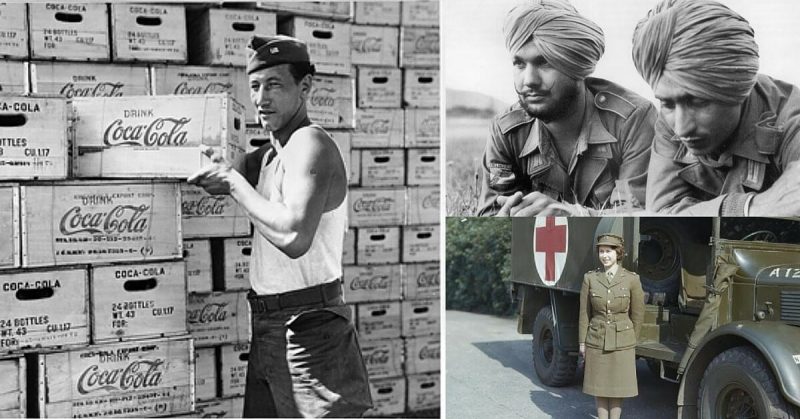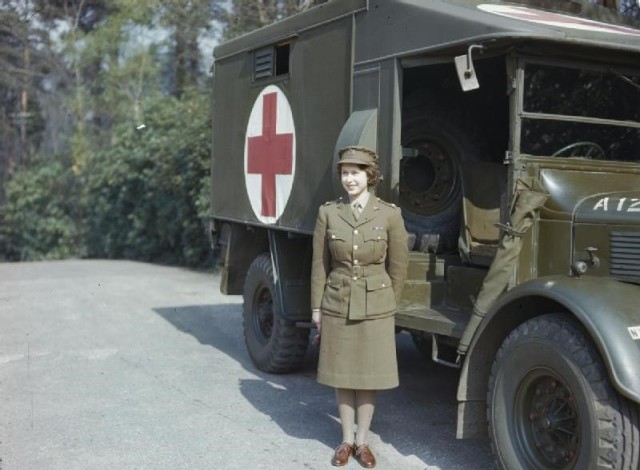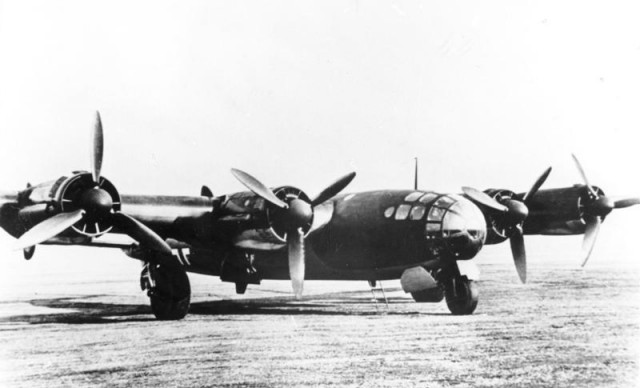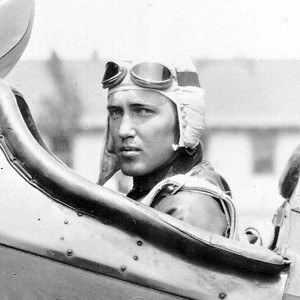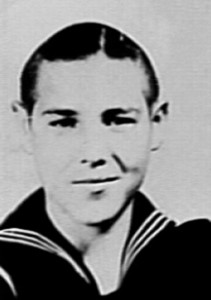We’ve all seen the HBO series Band of Brothers, and the classic Saving Private Ryan but there is more to WWII than what Hollywood shows us! Here’s a list of 45 facts from World War II that you probably didn’t know.
Facts!
Of the males born in Soviet in 1923, only 20% percent survived the war
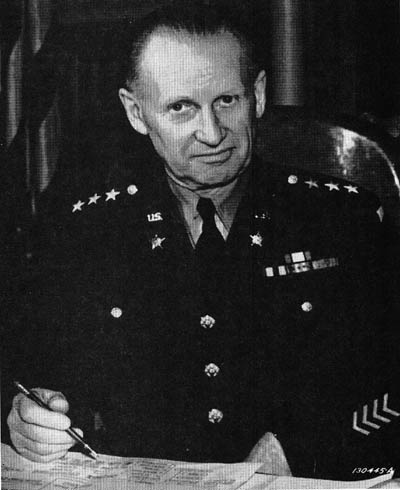
High-ranking officers were occasionally killed with their men. The highest ranking casualty was the American Lieutenant General Lesley McNair, killed in friendly fire from the US Army Air Corps.
Allied bombers dropped 3.4 million tons of bombs between 1939 and 1945. That is an average of 27,700 tons of bombs each month.
The eldest daughter of King George VI of Great Britain, Elizabeth, served as a driver and mechanic during the war. She, of course, became Queen Elizabeth II.
When Pearl Harbour was attacked by Japan in 1941, the name of US Navy Command was CINCUS (pronounced ‘sink us’). The soldiers of the US 45th Infantry Division wore a Swastika on their shoulder. At the same time, Hitler’s private train was named ‘Amerika’. All three were quickly changed afterwards.
At the infamous Auschwitz concentration camp, 3,000 babies were delivered by a Catholic Polish midwife, Stanisława Leszczyńska. 2,500 did not survive the camp.
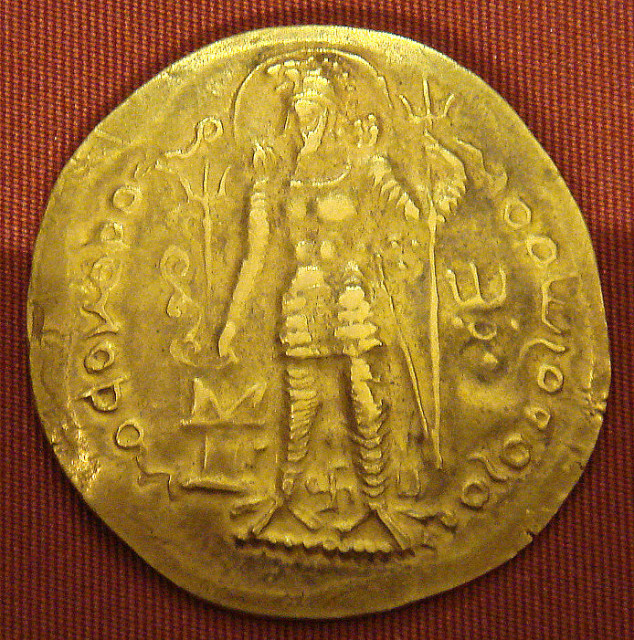
The Swastika is an ancient symbol of spiritual power. It was widely used until the Nazis reversed and tilted it and made it a symbol of National Socialism.
More Russians, both soldiers and civilians, perished during the Battle of Stalingrad (1942-1943) than all British and US soldiers over the course of the entire war.
20,000 allied bombers were lost during World War II
For each bomber lost by the Allies, Allied bomber crews.
The Red (Soviet) Army is alleged to have raped two million German women, from ages thirteen to seventy.
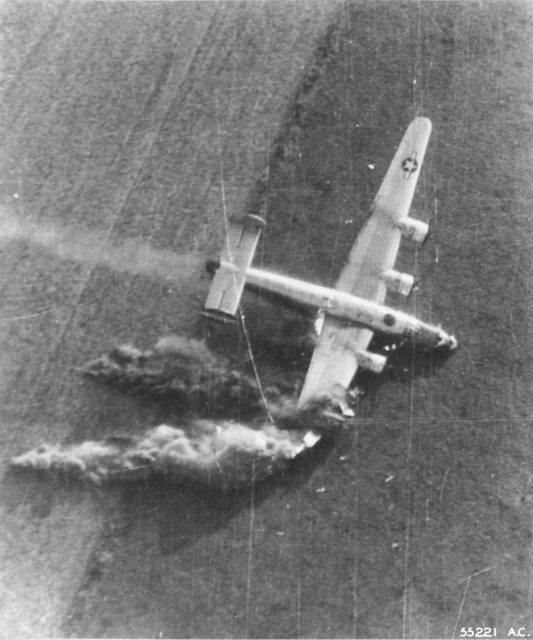
Hitler executed eighty-four of his generals, mainly for involvement in plots against him.
In the Philippines campaign (1945) US soldier John R. McKinney fought off one hundred Japanese soldiers singlehandedly.
About 20,000 Koreans died in the atomic explosion that destroyed Hiroshima. Two thousand were killed in Nagasaki.
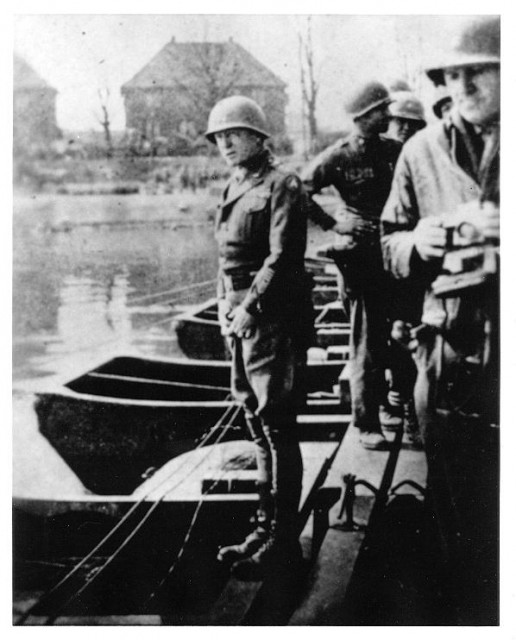
When Allied troops invading Germany in 1945 reached the Rhine, they urinated in it.
A new weapon first used by the Soviets on July 14, 1941, the Katyusha, could fire 320 rockets within 25 seconds.
For each soldier killed in the war, three or four were wounded.
Allied bomber crews lost 100,000 men in Europe.
The US Medal of Honor was awarded to 464 persons. Of these, 266 had died in service.
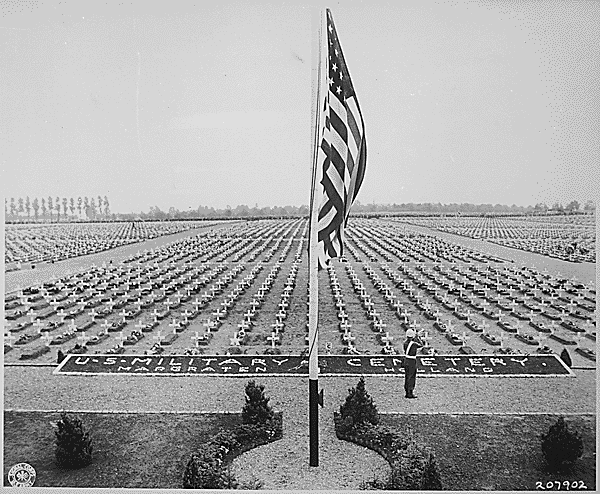
In the long campaign to free Western Europe, (June 6, 1944, to May 8, 1945) Britain, the USA and their allies lost 200,000 dead and 550,000 wounded.
Only 15% of Germans survived Russian Prisoner of War camps.
Hitler lost 136 of his generals during the war, averaging 1 every 2 weeks.
110 German Division Commanders perished.
More Chinese were killed by the Japanese during World War II than Jews in the Holocaust.
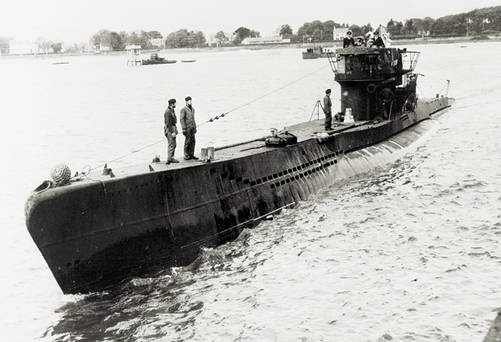
Of the 40,000 men who served on U-boats only 10,000 survived.
The US Air Corps lost more men than the Marine Corps. A serviceman in the Air Corps had a 71% chance of dying. Not that bombers were totally helpless. The 8th Air Force brought down 6,098 fighters, 1 for every 12,700 shots fired.
German U-boats were present in every ocean of the world and sunk ships as far away from Europe as the Arctic Ocean and the East Indies.
During the war, 12,000 heavy bombers were shot down.
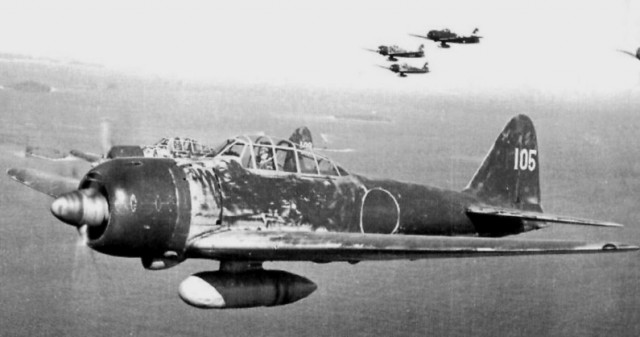
The Japanse fighter ace Hiroyoshi Nishizawa brought down over 80 planes.
Axis forces never attacked US soil, though German Me-264 bombers were in the range of New York City.
Some airmen died from farting. At an altitude of 20,000 feet gas in the intestine expands 300%.
Russian pilots knocked out at least 270 airborne German planes by ramming them.
The German submarine U-120 sunk when its toilet malfunctioned.
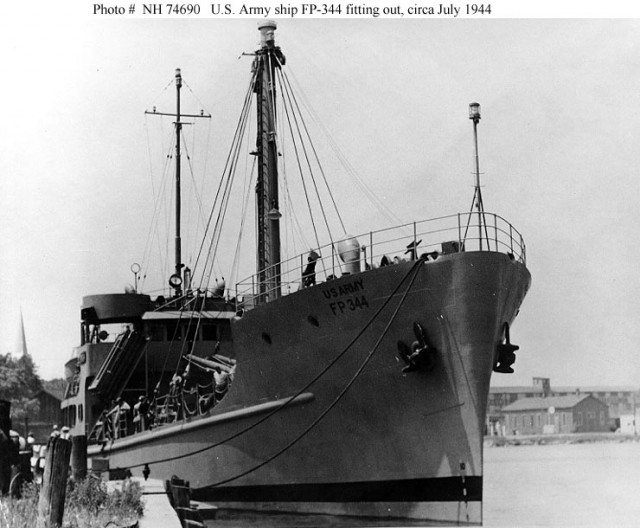
The US Army possessed more ships that the US Navy.
Coca Cola was considered essential to the US troops in North Africa. Three complete Coca Cola bottling plants were sent there.
The first of the enemy captured in the D-Day Landings was actually Korean. The Japanese had forced several Koreans to fight for them. These were then captured by the Russians, who forced them to fight for them. Then the Germans captured them. Finally, they were captured by Americans.
A third of all German generals who died in the war were killed in air attacks.
Germany officially declared war on only one country – the United States.
Niels Bohr was a Danish nuclear physicist wanted by Hitler to help him construct an atomic bomb. When the Germans invaded Denmark, he fled from his house while resistance fighters held off the soldiers. Bohr stopped, however, to pick up a beer bottle full of ‘heavy water’.
The first American serviceman killed in Europe was killed by Germans in Norway in 1940, at a time when the USA was not yet officially at war.
The German cruiser Graf Spee was not sunk by enemy action. After an attempt to scuttle her had failed, the wreck was bought by Great Britain.
The infamous Nazi salute was based on the Italian Fascist salute, which itself was based on the salute of the ancient Romans.
Kiska, one of the Aleutian Islands off Alaska, was invaded by 35,000 US and Canadian troops on August 15, 1953. In the landing, 21 soldiers were killed under heavy bombardment. But there was no enemy. The expected Japanese had completely abandoned the island. Casualties were from friendly fire and booby traps.
Most of the Waffen-SS were recruited from countries outside of Germany.
The youngest person to serve in the US Armed Forces was twelve years old. His name was Calvin Graham. He was wounded in battle and given a Dishonorable Discharge for deceiving the Navy about his age. An Act of Congress later restored the benefits due him as a veteran.
